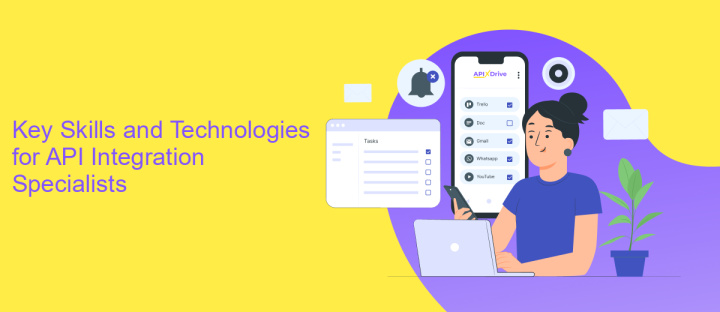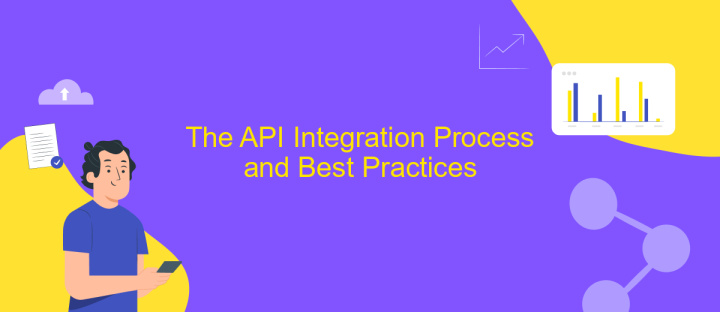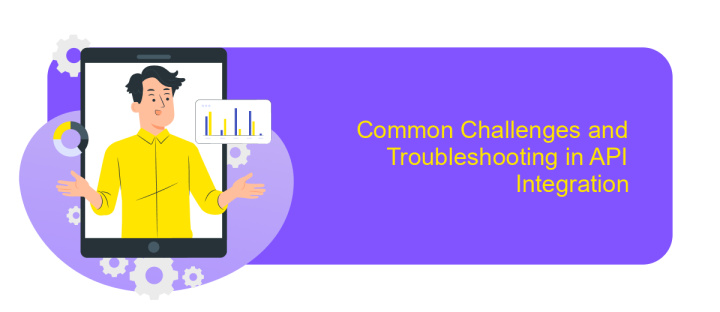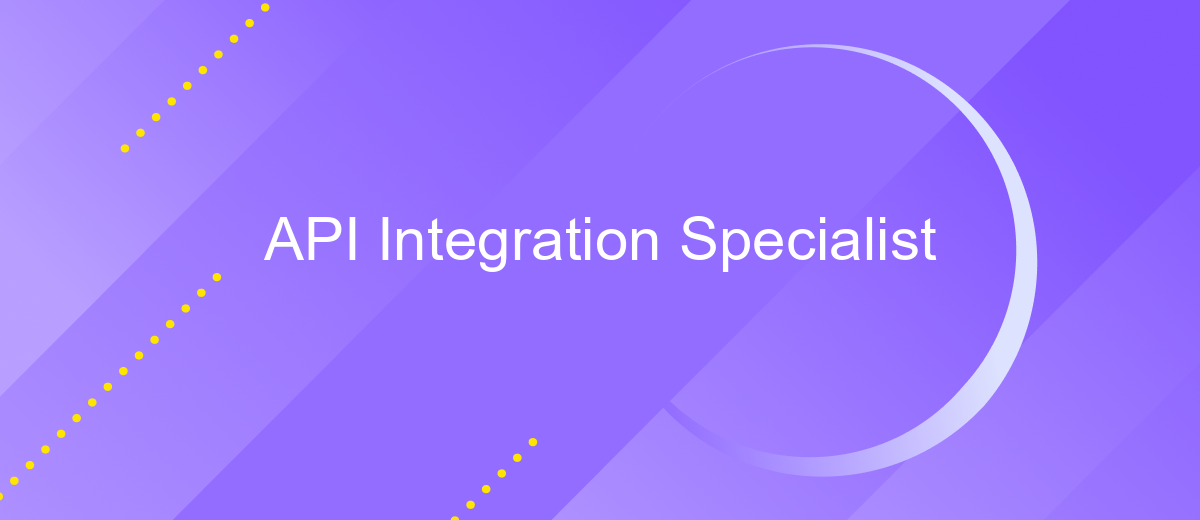API Integration Specialist
In today's rapidly evolving digital landscape, the role of an API Integration Specialist has become increasingly vital for businesses striving to enhance connectivity and streamline operations. These professionals are responsible for seamlessly integrating various software applications, ensuring smooth data flow and optimizing performance. By bridging the gap between disparate systems, API Integration Specialists enable organizations to unlock new efficiencies and drive innovation, making them indispensable assets in the modern technological ecosystem.
Understanding API Integration Fundamentals
API integration is a crucial component in modern software development, enabling disparate systems to communicate and share data seamlessly. Understanding the fundamentals of API integration involves grasping how APIs function as intermediaries, allowing applications to interact with each other. This process requires a thorough comprehension of protocols, data formats, and authentication methods to ensure secure and efficient data exchange.
- Protocols: Familiarize yourself with HTTP/HTTPS, REST, and SOAP, which are commonly used in API communications.
- Data Formats: Learn about JSON and XML, the prevalent data formats for structuring information in API requests and responses.
- Authentication: Understand OAuth, API keys, and other authentication mechanisms to secure API interactions.
Mastering these elements lays the foundation for effective API integration, enabling developers to build robust applications that leverage external services and data. As technology evolves, staying updated with the latest trends and best practices in API integration is essential for specialists aiming to optimize connectivity and functionality in their software solutions.
Key Skills and Technologies for API Integration Specialists

API Integration Specialists require a blend of technical and analytical skills to effectively connect diverse software systems. Proficiency in programming languages such as Python, Java, or JavaScript is essential for developing and troubleshooting APIs. A deep understanding of RESTful and SOAP protocols, along with experience in OAuth and other authentication methods, is crucial for ensuring secure and efficient data exchange. Familiarity with API documentation tools like Swagger or Postman aids in testing and validating API functionality.
In addition to technical skills, specialists must be adept at using integration platforms like ApiX-Drive, which streamline the process of connecting applications without extensive coding. This platform allows specialists to automate workflows, manage data transfers, and monitor API performance efficiently. Strong problem-solving abilities and attention to detail are vital for diagnosing issues and optimizing integration processes. Furthermore, excellent communication skills are necessary to collaborate with cross-functional teams and explain complex technical concepts to non-technical stakeholders.
The API Integration Process and Best Practices

API integration is a critical component in modern software development, enabling different systems to communicate and share data seamlessly. The process involves connecting various APIs to create a cohesive and efficient workflow, enhancing functionality and user experience. By following best practices, businesses can ensure their integrations are robust, scalable, and secure.
- Define clear objectives: Understand the purpose and goals of the integration to ensure alignment with business needs.
- Choose the right APIs: Select APIs that are reliable, well-documented, and compatible with your existing systems.
- Ensure security: Implement authentication and encryption to protect data and maintain privacy.
- Test thoroughly: Conduct comprehensive testing to identify and resolve any issues before deployment.
- Monitor performance: Continuously track the integration's performance to optimize efficiency and address potential problems.
By adhering to these best practices, organizations can maximize the benefits of API integration, fostering innovation and improving operational efficiency. A well-executed API strategy not only streamlines processes but also opens up new opportunities for growth and collaboration in the digital landscape.
Common Challenges and Troubleshooting in API Integration

API integration is a crucial aspect of modern software development, yet it often presents numerous challenges. One common issue is the lack of standardized protocols across different APIs, making it difficult for developers to create seamless integrations. Additionally, varying authentication methods can complicate the process, requiring developers to manage multiple security protocols.
Another frequent challenge is handling data inconsistencies between APIs. Discrepancies in data formats and structures can lead to errors and misinterpretations, affecting the overall functionality of the integration. Moreover, rate limits imposed by API providers can restrict data flow, causing delays and potential downtime in services.
- Authentication errors due to incorrect credentials or expired tokens.
- Data format mismatches leading to parsing errors.
- Network latency issues affecting API response times.
- Versioning conflicts when APIs are updated without backward compatibility.
Effective troubleshooting is essential to resolve these challenges. It involves thorough logging and monitoring to identify issues promptly. Developers should also maintain clear documentation and version control to manage changes efficiently. By adopting best practices, such as using middleware for data transformation and implementing robust error handling, teams can enhance the reliability and performance of their API integrations.
- Automate the work of an online store or landing
- Empower through integration
- Don't spend money on programmers and integrators
- Save time by automating routine tasks
Career Path and Future Trends in API Integration
The role of an API Integration Specialist is increasingly vital as businesses continue to embrace digital transformation. This career path typically begins with a strong foundation in software development and progresses through gaining expertise in various API protocols and integration tools. Specialists often work closely with developers and IT teams to design and implement seamless integrations between disparate systems. Over time, they may advance to senior positions, such as Integration Architects or Technical Leads, where they oversee complex projects and mentor junior staff. Continuous learning is crucial, as new technologies and methodologies frequently emerge in this dynamic field.
Looking ahead, the demand for API Integration Specialists is expected to grow, driven by the proliferation of cloud services and the need for interconnected systems. Future trends include the rise of low-code and no-code integration platforms like ApiX-Drive, which simplify the integration process and empower non-technical users. Additionally, the increasing focus on API security and the adoption of AI-driven integration solutions will shape the landscape. As businesses strive for greater agility and efficiency, specialists who adapt to these trends will find abundant opportunities for career advancement and innovation.
FAQ
What is an API Integration Specialist?
What skills are essential for an API Integration Specialist?
How do API Integration Specialists ensure data security during integration?
What are the common challenges faced during API integration?
How can businesses benefit from using an integration platform?
Do you want to achieve your goals in business, career and life faster and better? Do it with ApiX-Drive – a tool that will remove a significant part of the routine from workflows and free up additional time to achieve your goals. Test the capabilities of Apix-Drive for free – see for yourself the effectiveness of the tool.


